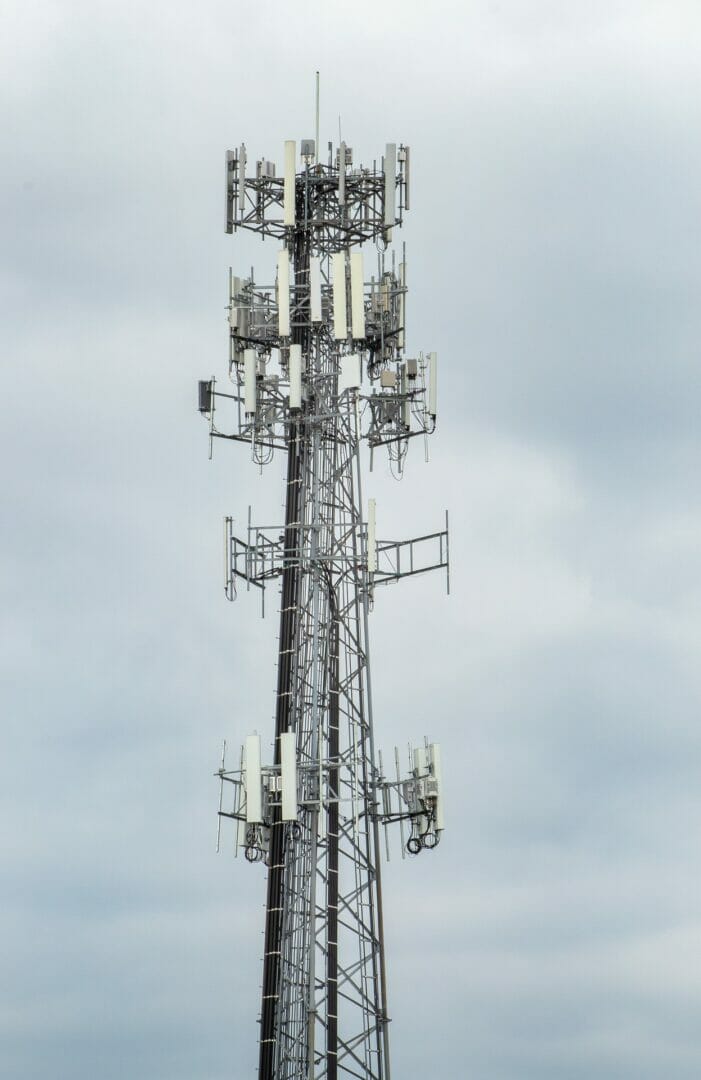Electrical connectors must often be mated in situations where they are hard to see or difficult to reach. Combined with the fact that they are challenging to use in harsh environment applications, installation and maintenance times are longer, leading to increased costs. Here Shaun Findley, European Director of Product and Purchasing at connector specialist PEI-Genesis, discusses how blind mate connectors can help engineers address these challenges.
Blind mate connectors achieve a connection through a sliding or snapping action or by using guide pins, without the use of special tools. Unlike other connector types, many blind mate connectors have self-aligning features that correct small misalignments when mating and help guide the connectors into the correct mating position. This feature is quite different from the more rigid coupling mechanisms found on threaded or bayonet couplings, reducing the chance of connector damage and preventing problematic errors caused by incorrect mating.
Since users might not be able to see if the connectors are correctly mated, blind mate connectors can provide auditory confirmation to give the user confidence that the connection is properly achieved. Again, this is a significant improvement from merely hoping that a reliable connection was made, especially when the application depends heavily on a stable connection.
There are various connector types available with blind mating options, including power and/or signal connectors with either cable or board mount options, connectors with multi-pin arrangement between racks and panels, optical connectors, and RF connectors. Blind mate connectors are also available in various orientations, including wire-to-board, board-to-board and wire-to-wire.
When are blind mate connectors best for the job?
Blind mate connectors are a popular choice in a variety of mission-critical applications. From medical equipment to electric power transmission systems and military radar equipment, they excel in any situation where the receptacle is hidden or recessed so that it is difficult to see or reach. This includes the back of an interface card plugged into a chassis and other “black box” installations.
Using blind mate connectors provides several key benefits, including reduced production, installation and maintenance costs, shorter assembly times and a minimal impact on the size and weight of designs. Furthermore, using blind mate connectors typically results in fewer mismated connections. This is invaluable in mission-critical applications where any unplanned downtime is disastrous.
It’s important to remember that blind mate connectors are also designed to be extremely durable. If mistreatment occurs, they remain reliable and continue to perform as expected.
PEI-Genesis understands the frustrations of trying to mate connectors in hard to reach, hidden situations. It also knows that the ability to achieve a stable, reliable and correct connection is crucial to any design, whether you are engineering downhole test equipment for the oil and gas industry or power and data connections essential to an autonomous vehicle’s safety. Let our design team help you find the right blind mate interconnect solution for your unique application.
To find out more about what connector type is best for a given application, subscribe to PEI-Genesis’ blog for helpful articles that will help you choose.





